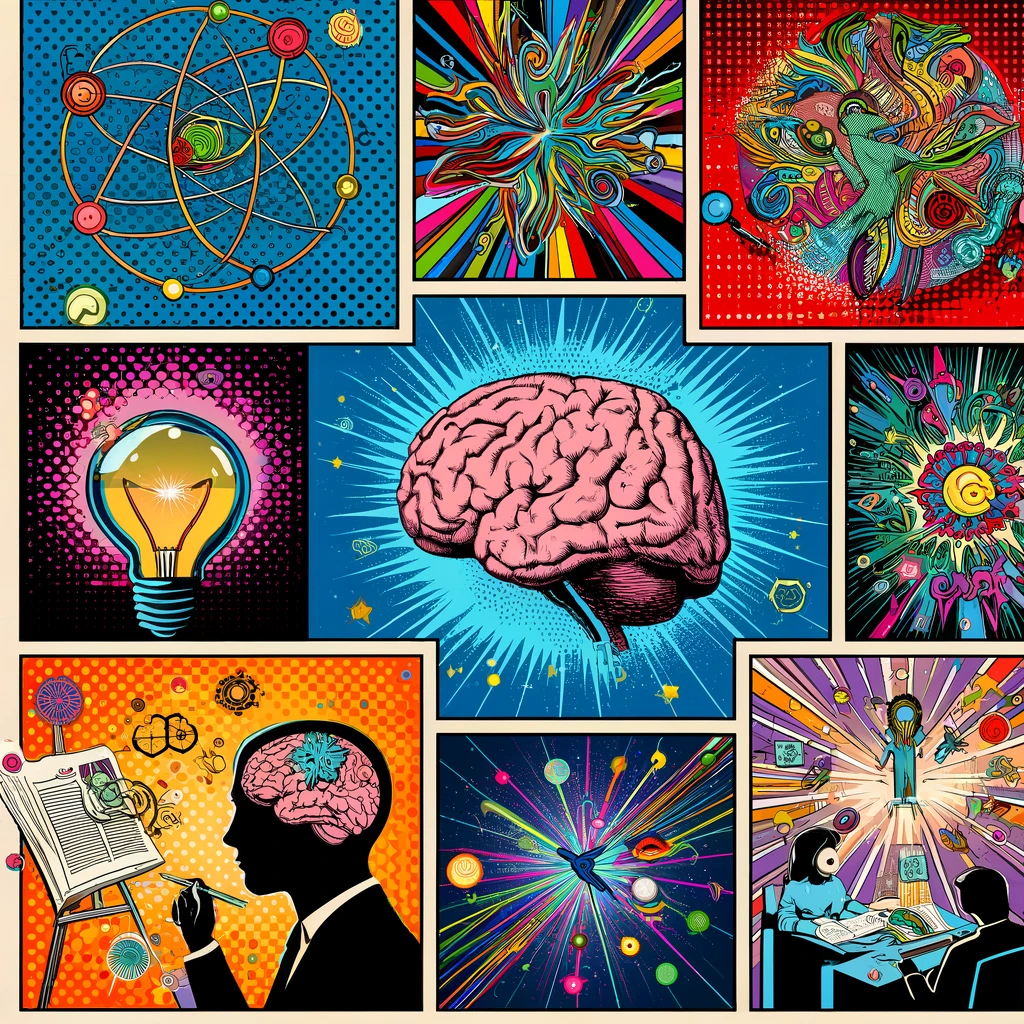Make your brain smarter Sandra Chapman PhD
Sandra Bond Chapman, PhD, founder and leader of the Center for BrainHealth at UT Dallas relates new scientific evidence that you literally can think your brain smarter and healthier. She debunks long-standing beliefs about what smart is and shares…
Sandra Bond Chapman, Ph.D., is a cognitive neuroscientist and founder of the Center for BrainHealth at the University of Texas at Dallas. Her work focuses on understanding how the brain works and developing strategies to enhance cognitive performance and resilience.
In her book “Make Your Brain Smarter: It’s Not What You Think,” Chapman explores practical strategies and lifestyle changes that individuals can implement to optimize brain health and cognitive function. Drawing on insights from neuroscience research, Chapman offers evidence-based recommendations for improving memory, attention, creativity, and problem-solving skills.
Some key themes and strategies discussed in the book may include:
1. Cognitive Training: Chapman advocates for engaging in activities that challenge and stimulate the brain, such as puzzles, games, and mental exercises. By regularly exercising cognitive skills, individuals can strengthen neural connections and enhance overall cognitive function.
2. Lifestyle Factors: Chapman emphasizes the importance of adopting a healthy lifestyle to support brain health. This includes getting regular exercise, maintaining a balanced diet, managing stress, and prioritizing sleep. These lifestyle factors play a significant role in promoting neuroplasticity and cognitive resilience.
3. Mindfulness and Meditation: Chapman explores the benefits of mindfulness practices and meditation for improving attention, emotional regulation, and overall well-being. By cultivating present-moment awareness and practicing mindfulness techniques, individuals can enhance cognitive performance and reduce the negative effects of stress on the brain.
4. Social Connection: Chapman highlights the importance of social interaction and meaningful relationships for brain health. Engaging in social activities, maintaining strong social networks, and fostering interpersonal connections can have positive effects on cognitive function and emotional resilience.
5. Continuous Learning: Chapman encourages lifelong learning and intellectual curiosity as essential components of brain health. By seeking out new experiences, acquiring new skills, and challenging oneself intellectually, individuals can promote neuroplasticity and cognitive vitality throughout life.
Overall, “Make Your Brain Smarter: It’s Not What You Think” offers practical insights and actionable strategies for optimizing brain health and maximizing cognitive potential. By incorporating these strategies into daily life, individuals can enhance their brain function, resilience, and overall well-being.
